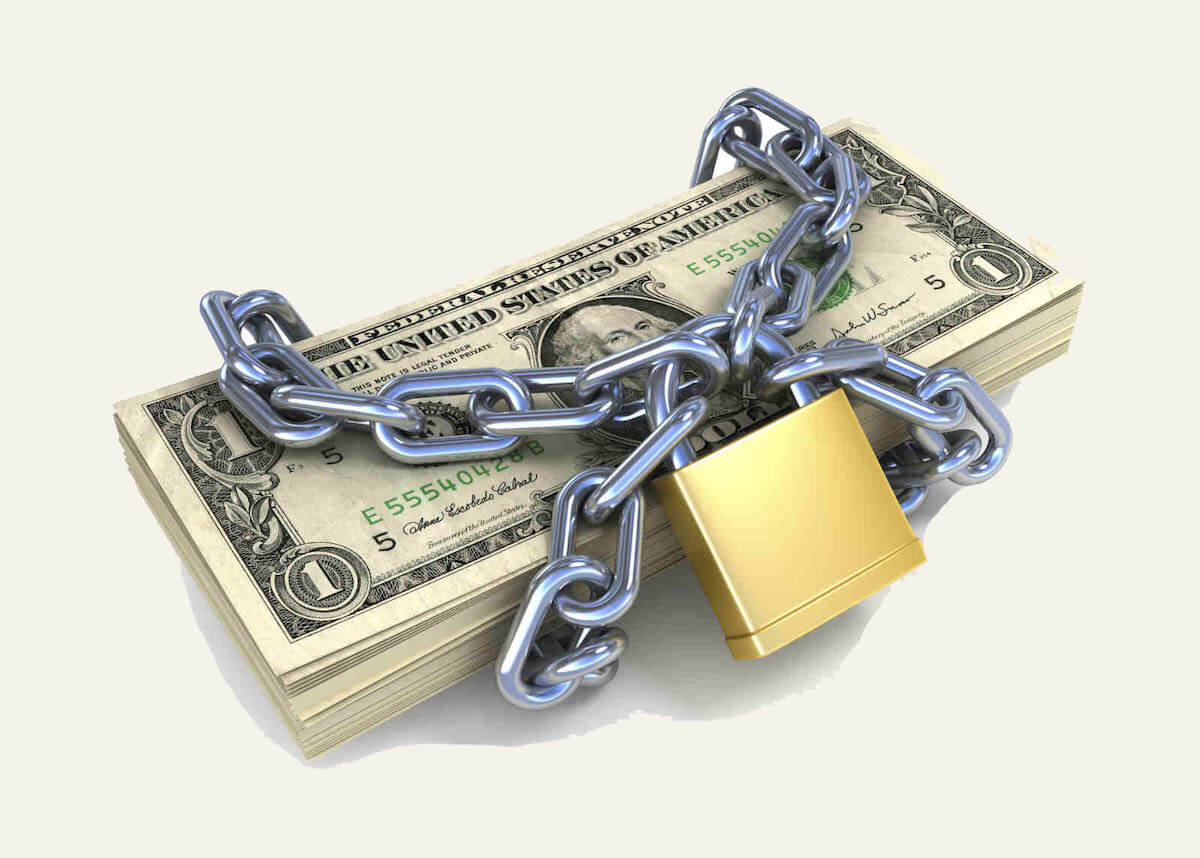Secure Your Cash with These Four Tips
By Peter Rizzo

You might be wondering why we’d have an article like this when the whole purpose of our system is to free up your money for investment. Today, we have conveniences in money transferring that was reserved for the wealthy or that we could only dream about a few short years ago. With the click of a mouse you can transfer funds all over the world. But, with this convenience, you find the bottom dwellers crawling from under rocks to try and get their hands on your cash. By gaining this freedom, you also have the responsibility to make sure that the only people that can get access to your hard-earned cash are the ones you’ve given permission to. Here are some tips to secure your assets or expose those trying to get their hands on them.
- Passwords – With online accounts being used more and more, passwords are becoming the most important thing we remember other than remembering your spouse’s birthday. If possible, use the 2-step access – a password and a text that someone is accessing your account. Use a capital, symbol, uppercase and lower-case word or phrase. Also, if possible, use a password generator program.
- Cash Cards – Most people with Checkbook IRAs or Solo 401(k)s do not have credit cards in their plans. Instead, they have opted for a cash card to pay bills and use for maintenance items. Check with the issuing bank as to what your exposure is. We get used to credit cards that might limit our exposure to $50 or $200, for example. With a cash card, your account can be drained, and, if the issuing bank hasn’t instituted a loss limit, you could be in danger of losing your cash. Find out what protections you can put on the card to limit your exposure. Some cards come with notifications, and while annoying, you’ll know very quickly if there are charges you didn’t authorize.
- Wiring Funds – If you are going to wire funds, get the wiring instructions verbally from the person requesting them or be 1000% sure that the instructions are coming from the right people. A title company in Minnesota had their email hacked and sent false wiring instructions out to clients. The funds went into an unauthorized account and then within minutes, were sent overseas. Now, you are probably thinking there are numerous people at fault and somehow you’ll get your money back, but, the legal system is slow and expensive. Protect yourself first.
- FDIC Insurance – Know how much your cash accounts are covered for by the bank or institution you’re dealing with. The FDIC has a $250,000 limit, but, there are ways to structure deposits to be insured for a lot more.
I’m not trying to scare anybody, but, I want to give a few tips and reminders to help secure your funds and your future. People worry about their social security number being compromised or their identity being used by someone else, but, as bad as that is, it can be explained and rectified – chasing thousands of dollars through the transfer systems we have, is a whole different story.

